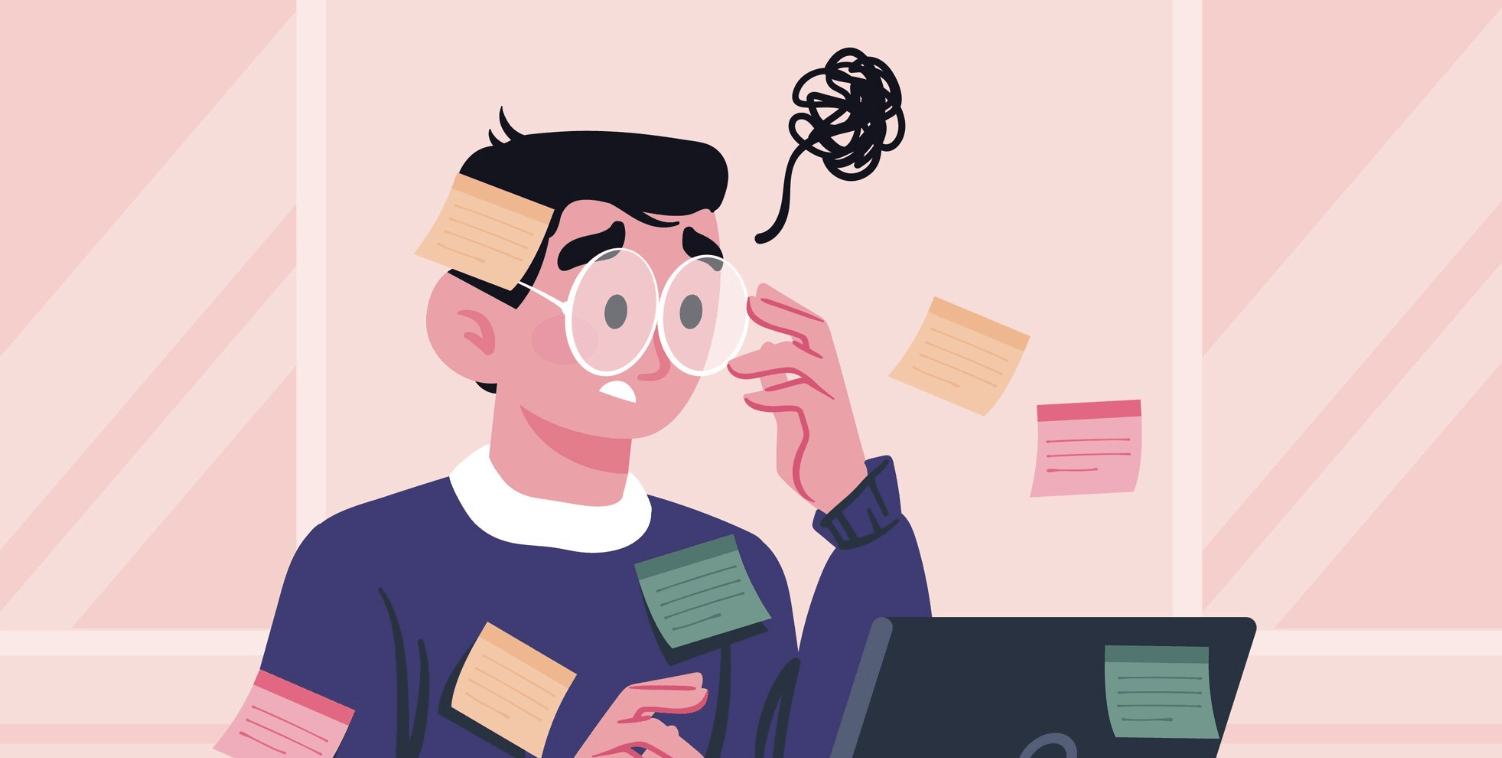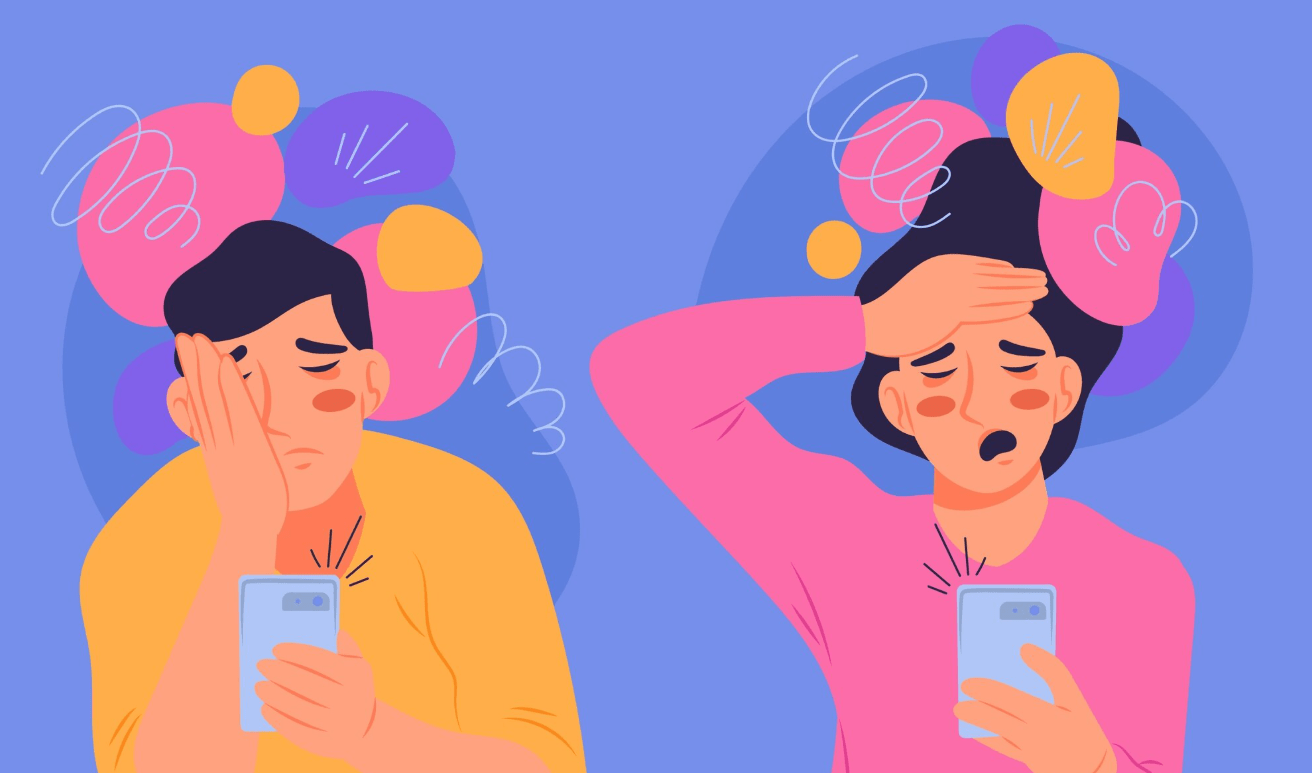Daily Brain Exercises That Improve Clarity and Recall

Have you ever found yourself staring at a blank page, unable to remember a simple detail, or feeling mentally sluggish even after a full night of sleep? That fuzzy, slow feeling is often called brain fog.
One of the most effective ways to combat it is through consistent brain exercises. Just like your body, your mind gets stronger the more you challenge it. By incorporating daily mental workouts into your routine, you can improve clarity, memory, and overall cognitive performance.
Why Daily Brain Exercises Matter
Brain exercises help maintain and improve the efficiency of your neural connections. Each time you challenge your memory, focus, or problem-solving skills, your brain strengthens the circuits that handle those tasks. Over time, this can lead to:
- Sharper focus and attention
- Better memory retention
- Improved problem-solving skills
- Faster processing of new information
- Reduced mental fatigue and brain fog
Even a few minutes a day can make a noticeable difference. The key is consistency and variety to ensure you are exercising multiple areas of cognition.

Types of Brain Exercises
Not all brain exercises are created equal. To maximize results, it’s important to include different types that target memory, attention, processing speed, and logical reasoning. Here are the main categories:
1. Memory Exercises
Memory exercises strengthen your ability to store and recall information. Examples include:
- Trying to recall a list of items after reading it once
- Memorizing phone numbers or addresses temporarily
- Using flashcards to test yourself on new information
- Playing memory matching games or apps
Daily practice improves both short-term and long-term memory. For guided exercises, Moadly offers structured memory games that gradually increase in difficulty to match your level. You can try the Free Online Memory Game App for Focus and Recall to start building stronger recall skills.
2. Focus and Attention Exercises
Focus exercises train your brain to ignore distractions and concentrate on the task at hand. Examples include:
- Doing tasks with background noise or mild distractions while maintaining accuracy
- Tracking objects or patterns visually for a set period
- Timed puzzles that require complete attention to solve
Attention is like a muscle that gets stronger the more you use it. Short, repeated sessions daily are more effective than long, exhausting sessions. Apps like Brain Games to Boost Focus and Attention offer exercises designed to gradually improve attention span and mental stamina.
3. Logic and Problem-Solving Exercises
These exercises engage critical thinking and reasoning skills. Examples include:
- Sudoku or crossword puzzles
- Brain teasers and riddles
- Strategy-based games like chess or checkers
- Apps with progressively challenging logic challenges
Regular practice of logic exercises helps your brain process complex information faster and improves decision-making under pressure. Moadly includes logic-based games that are fun and gradually adaptive to your cognitive level.
4. Verbal and Language Exercises
These exercises improve word recall, vocabulary, and verbal reasoning. Examples include:
- Learning a new word each day and using it in sentences
- Reading aloud and summarizing what you read
- Playing word association or word search games
Verbal exercises are especially helpful for seniors or anyone wanting to maintain sharp communication skills. The Free App for Playing IQ Games and Smarter Thinking includes verbal and language games that keep your word retrieval fast and flexible.
5. Visual-Spatial Exercises
Visual-spatial exercises help your brain understand and manipulate objects in space, which is important for navigation, organization, and creative thinking. Examples include:
- Completing jigsaw puzzles
- Drawing or sketching objects from different angles
- Playing games that require remembering locations or spatial patterns
Daily practice improves your ability to visualize solutions and enhances memory for locations and sequences.
Building a Daily Routine
Consistency is the key to seeing results. Here’s a sample daily brain exercise routine that takes about 20 to 30 minutes:
- Morning (5 minutes): Memory exercise such as recalling yesterday’s tasks or using a memory game app
- Midday (10 minutes): Focus and attention activity, like a timed puzzle or pattern tracking exercise
- Evening (10 minutes): Logic, verbal, or visual-spatial exercises, or a combination using an app like Moadly
Even short sessions like these, when done consistently, produce cumulative effects over time. You can adjust the exercises to your schedule, but aim for daily engagement to strengthen your brain steadily.
Tips to Maximize Results
- Track your progress: Keep a simple journal of exercises completed and note improvements.
- Vary the exercises: Challenge multiple areas of cognition to prevent plateaus.
- Rest adequately: Your brain consolidates new information during sleep, so combine exercises with good sleep habits.
- Combine with physical exercise: Even light daily movement improves brain blood flow and enhances learning.
- Stay hydrated and eat nutrient-rich foods: Omega 3s, antioxidants, and vitamins B and D are critical for brain function.
The Moadly Advantage
Moadly is specifically designed to make brain exercises engaging, adaptive, and scientifically effective. It offers:
- Short, focused exercises that fit into any schedule
- Progressive difficulty that adjusts as you improve
- Memory, focus, logic, and verbal exercises all in one platform
- Free options that are accessible without subscriptions
Starting with Moadly is easy. You can try Free Online Memory Game App for Focus and Recall or explore Free App for Playing IQ Games and Smarter Thinking to train multiple cognitive areas at once. Over weeks, daily engagement can lead to measurable improvements in clarity, memory, and recall speed.
Combining Brain Exercises with Lifestyle Habits
Brain exercises are most effective when paired with lifestyle habits that support cognition. These include:
- Regular sleep of 7 to 9 hours
- Balanced meals with healthy fats, protein, and complex carbohydrates
- Hydration throughout the day
- Physical activity for at least 20 minutes per day
- Stress management through mindfulness, meditation, or deep breathing
When you combine brain exercises with these habits, you give your brain everything it needs to improve recall and maintain clarity.
Signs You Are Improving
After a few weeks of daily brain exercises, you may notice:
- Fewer moments of forgetfulness
- Faster retrieval of information
- Improved focus and attention span
- Greater confidence in handling complex tasks
Tracking these changes in a journal or app can help you stay motivated and see the progress clearly.
Conclusion
Daily brain exercises are a simple, proven way to enhance clarity, recall, and overall mental sharpness. By including memory, focus, logic, verbal, and visual-spatial activities into a daily routine, you strengthen multiple cognitive skills simultaneously. Pairing these exercises with good sleep, nutrition, hydration, movement, and stress management maximizes results.
Moadly offers an accessible, science-based platform to support this daily practice. With free memory, logic, and focus games, it is easy to start building a routine that keeps your brain clear and agile. Try Free Online Memory Game App for Focus and Recall and Free App for Playing IQ Games and Smarter Thinking to begin improving your mental clarity today. Consistency is key, and even a few minutes daily can lead to significant improvements over time.
By making daily brain exercises a habit, you give yourself the best chance to prevent fog, enhance recall, and maintain a sharper mind for years to come.


